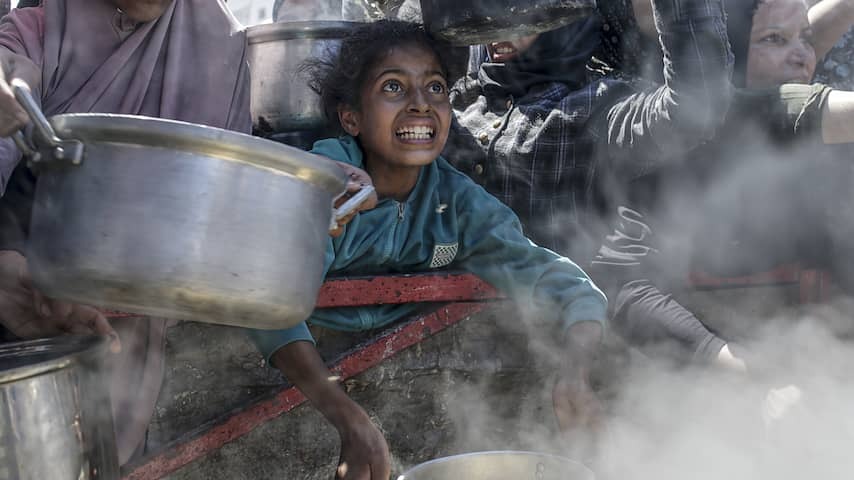
The Netherlands has a legal obligation to prevent genocide, according to the Advisory Committee on Issues of International Law (CAVV) on Monday. If the Netherlands does not do more, it could be held jointly liable if genocide is ultimately established.
The CAVV is issuing the advice on its own initiative because it wants to clarify the obligation laid down in the Genocide Convention, which was also signed by the Netherlands in 1948.
“The reason for the advice is the legal ambiguity that exists in the political and social debate,” writes the independent advisory body that advises the government and parliament on issues of international law.
The committee addresses the meaning and scope of the obligation of third states to prevent genocide now and in the future. Third states are countries that are not directly involved in genocide but have signed the Genocide Convention.
“This obligation takes effect the moment a state is aware of a serious risk that genocide is being committed,” the committee states. The interim ruling of the International Court of Justice is already sufficient. In it, the Court stated that there was at least a threat of genocide in Gaza. The signatories of the Genocide Convention must therefore also take action if genocide has not yet been legally established.
Multiple types of measures possible
The CAVV lists a number of measures that a country can take. From diplomatic steps such as recalling ambassadors to initiating a case at the International Court of Justice. It also mentions travel restrictions for certain individuals, such as outgoing minister Caspar Veldkamp (Foreign Affairs) decided last week for the extremist Israeli ministers Bezalel Smotrich and Itamar Ben-Gvir.
The committee also mentions the refusal to supply weapons or other military material and “suspending a treaty (for example, if the treaty contains a human rights clause)” as possibilities.
The latter refers to the association agreement between the European Union and Israel. Israel is allegedly not adhering to the conditions for protecting human rights agreed in the agreement. But the EU foreign ministers are divided on measures. The options range from (partially) suspending the agreement to scrapping trade benefits.
‘The better the relationship, the greater the impact’
The CAVV emphasizes that the fact that the EU has not (yet) taken measures does not release an individual country from the obligation to do something. “What measures are required of a state depends on the degree of influence a state has on the state committing genocide,” the CAVV states. The better the relationship between countries, the greater the impact.
The CAVV emphasizes that states must also be transparent about their choices. “For example, they could publicly explain how they assess a risk of genocide, what measures they take, and why they believe these are effective.” In addition, the committee emphasizes that states must speak out or act in similar situations in a comparable manner.
The committee only mentions Gaza in the footnotes of the advice. But it is clear that the advice relates to the way Israel operates in Gaza and the role of the Netherlands in this. The standing Committee on Foreign Affairs will return from summer recess on Thursday for a debate on Gaza.